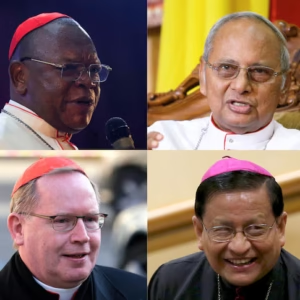During a WNBA Lynx game in Minneapolis, four off-duty police officers walked off their posts after the players wore black t-shirts bearing the names of Black men, including Philando Castile, who was fatally shot by police. The shirts also featured a Dallas police badge in tribute to fallen officers and the words “Black Lives Matter.” The players explained that their intention was to honor the deceased and advocate for systemic change. The officers requested the players remove the shirts, but when the team refused, the officers left.
Minneapolis Police Chief Janeé Harteau condemned the officers’ actions, emphasizing that abandoning their posts violated public trust. Minneapolis Mayor Betsy Hodges also criticized the police federation president’s comments. Despite the controversy, the Lynx players continued wearing the shirts in subsequent games, with other WNBA teams joining in solidarity.
The incident sparked debate about the role of personal beliefs in professional responsibilities and highlighted the tension between law enforcement and the communities they serve. While the players’ actions were seen as a form of social advocacy, they were met with resistance from some who perceived the protest as anti-police.
The players’ decision was praised by civil rights organizations and other athletes, showcasing the potential for sports to drive social change. The WNBA supported their activism, setting an example for other leagues. The solidarity shown by the league amplified the message of racial justice and police accountability.
In the end, the Lynx players’ protest underscored the importance of dialogue on social justice and the power of athletes to influence public discourse. Their actions, though controversial, contributed to a broader conversation on racial inequality and police-community relations.


